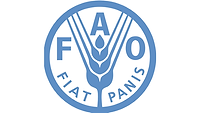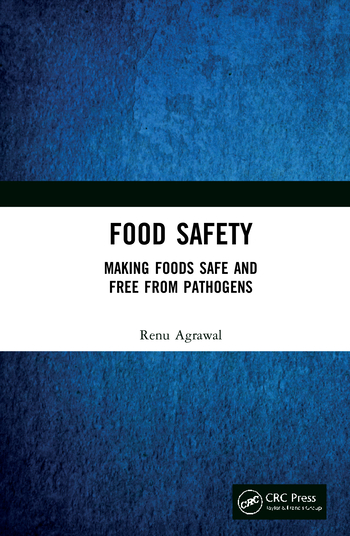Report Suggests the Lack of Legal Definition for Foods Labeled as Vegan Poses Food Safety Risk to People with Allergies

Image credit: Kampus Production via Pexels
A recent UK-based report from the Chartered Trading Standards Institute (CTSI) warns that the lack of a legal definition for vegan food is potentially putting people with allergies at risk, as well as causing confusion for consumers and businesses.
There is currently no legal definition of whether food sold as vegan or plant-based can contain ingredients such as milk or other animal-derived products, leaving room for confusion among vegans and those with food allergies regarding what is legally allowed in food products. This can be a particularly dangerous issue for people with allergies to animal-based products such as lactose.
Sampling data supplied by Hampshire and Kent Scientific Services showed several products labeled as “vegan” or “plant-based” to contain milk or eggs. Milk and eggs are two ingredients that can cause severe reactions in allergy sufferers.
CTSI’s public polling has found that more than three-quarters of consumers (76.4 percent) incorrectly believe that food products labeled as vegan do not contain any animal products, even in very small amounts. However, because there is currently no legal definition for “vegan” food in the UK, there are no regulations preventing trace amounts of animal-derived products from appearing in food sold as vegan. CSTI highlighted an instance in which undeclared allergens in a wrap labeled as “vegan” from Pret a Manger resulted in a fatal case of anaphylactic shock in 2017, caused byross-contamination of milk protein that occurred during the manufacturing process.
CTSI is calling for a legal definition for vegan food to ensure food safety and accountability, providing those with allergies clarity on whether food labelled as vegan is safe to eat.
According to CTSI, alongside the rise in demand for foods sold or promoted as “vegan” or “plant-based,” there has also been a rise in complaints and incidents where consumers feel they have been misled by the use of such terms. There has also been an increase in those with animal-derived allergies choosing foods marked “vegan” based on the belief that the products are safe for consumption, leading to allergic reactions.
Looking for a reprint of this article?
From high-res PDFs to custom plaques, order your copy today!








